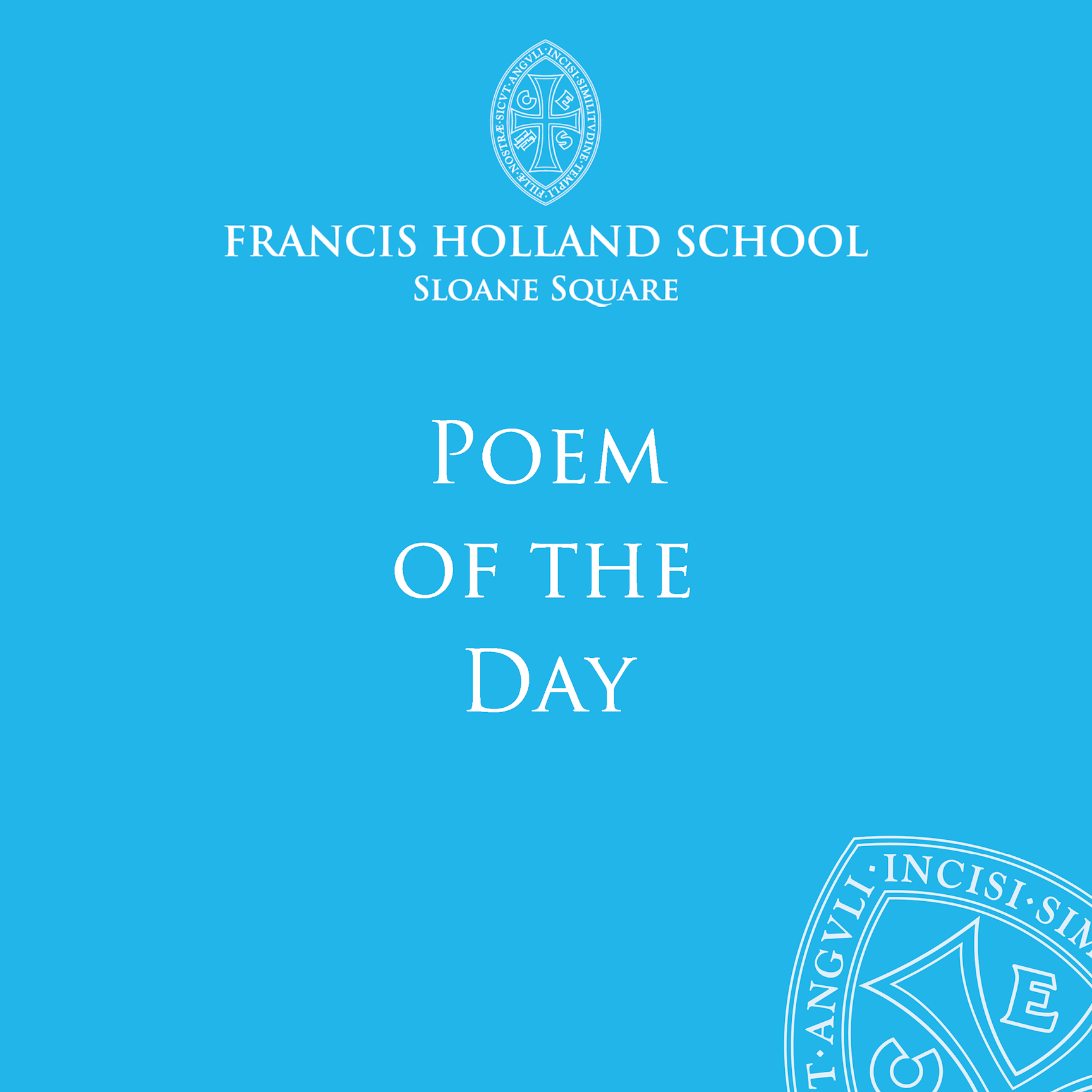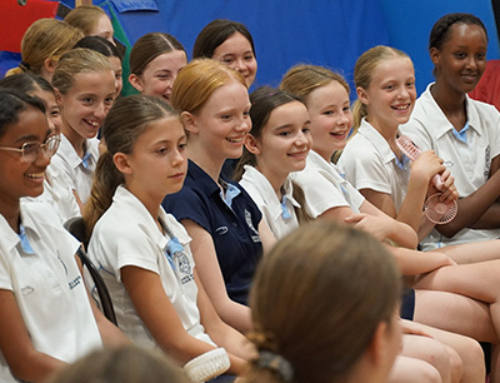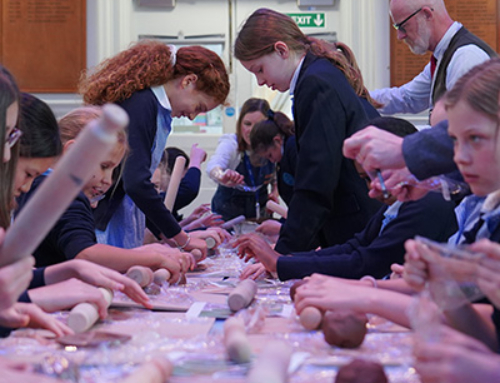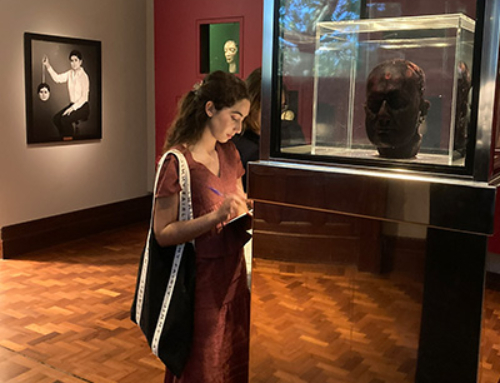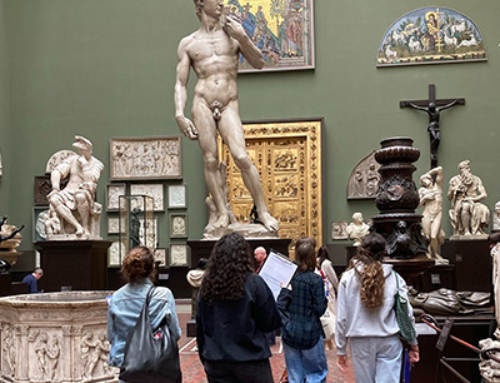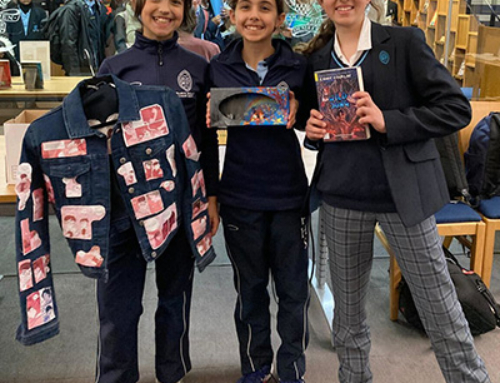It is by Oodgeroo Noonuccal?, a twentieth-century Australian Aboriginal writer and political activist. Her first volume of poetry, We Are Going (1964), is the first published book by an Aboriginal woman.
In Gifts, the speaker describes a young lover whose promises of various gifts grow increasingly hyperbolic. After the pendants and decorative parrot feathers of stanza one are only met with a shake of the head, successful children and then fame are next promised. The addressed woman is still not impressed and so the young man starts to offer the impossible: the singing of all the birds and even the stars of heaven.
Does the speaker sound familiar to us? Does this type of young lover emerge in various works of art? Does he sound like Andrew Marvells speaker in To His Coy Mistress, who wants to offer rubies and praise, but who manages to sound far more offensive than the speaker in Gifts? Is it intriguing to find this type of speaker in Marvells seventeenth-century England and Noonuccals twentieth-century Australia? Does he seem like the figure of the knight in medieval romance tales too? Does he even seem like various characters in romantic comedies that we might encounter on screen, always pursuing a woman who is not impressed?
Why might this be the case? Why are these specific roles allotted to set genders in myriad works of art? What can we do to change this? How might we put Noonuccals bright rainbow into our own hands?
Gifts
I will bring you love, said the young lover,
A glad light to dance in your dark eye.
Pendants I will bring of the white bone,
And gay parrot feathers to deck your hair.
But she only shook her head.
I will put a child in your arms, he said,
Will be a great headman, great rain-maker.
I will make remembered songs about you
That all the tribes in all the wandering camps
Will sing for ever.
But she was not impressed.
I will bring you the still moonlight on the lagoon,
And steal for you the singing of all the birds;
I will bring down the stars of heaven to you,
And put the bright rainbow into your hand.
No, she said, bring me tree-grubs.


